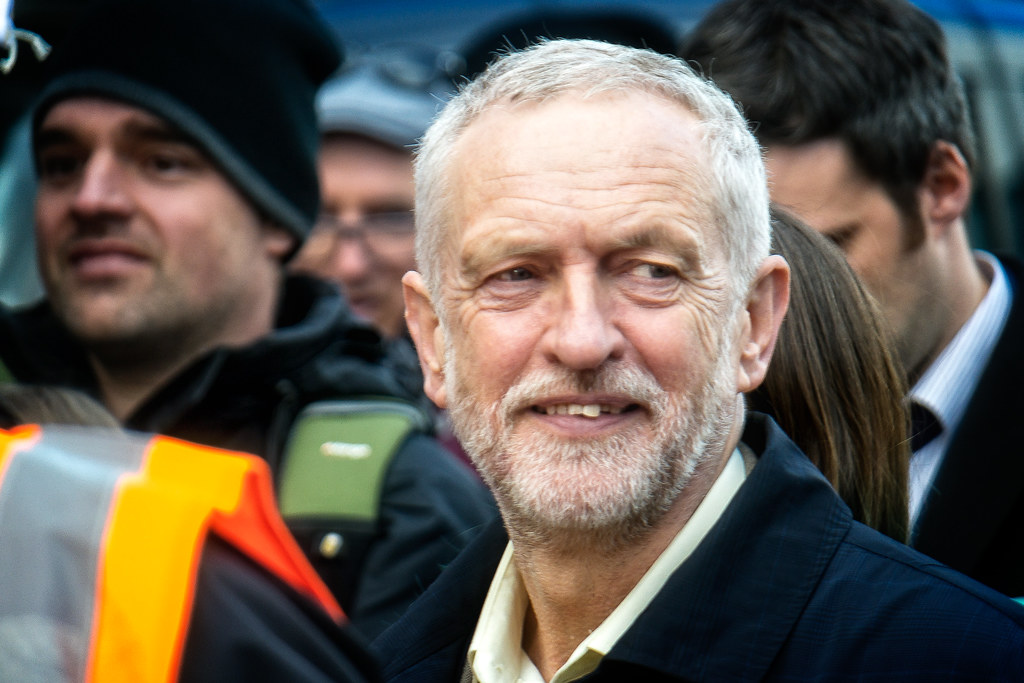In the past couple of weeks, I’ve written about the relative absence of European policy from the parties’ manifestoes in the General Election (here and here).
Today, I’m going to continue the theme, but flipping it around, to ask whether there’s much expression of euroscepticism.
This has come up a few times of late in conversation with journalists, who’ve (not unreasonably) asked me about how euroscepticism is playing out in this election.

My answer has been that – by and large – it hasn’t.
I write this with the definitional issues around “euroscepticism” very much in mind. For those who’ve managed to avoid this one, it’s a bit like the argument over the meaning of ‘populism’, but without the bitterness.
Short version: it’s hard to go much past “disliking something about something to do with European integration” when marking out euroscepticism, because it covers such a variety of ideologies, actors and national contexts.
But even by that vague definition, there’s not very much of it to be found in the party programmes or manifestoes.
Those that would leave the EU, want to leave and their concerns are about ensuring that this happens, as a matter of British government policy: the Brexit Party ‘contract’ says absolutely nothing more about the EU than that the UK should make a ‘clean break’ with it. UKIP does the same.
Those that are enthusiastic about EU membership take a very uncritical view and talk only about the value of that membership: this is particularly the case for the SNP and Plaid. The LibDems do talk about strengthening environmental protections at the EU level, but not much more than that.
The two parties that do talk most about critical engagements with the EU per se do so in quite similar ways, albeit from different starting points.
The Greens have the most extensive critique of the EU’s operation, with a substantial list in their manifesto about changing the constitutional, institutional and policy operation of the Union, working from the proposition that European-level cooperation is an essential part of addressing a wide range of situations.
Labour is much more ambivalent about the necessity of the EU as the specific form of European cooperation – as befits its message about UK membership – but it too talks about seeking changes in the priorities of the EU.
However, in both cases we’re back into boundary issues of ‘euroscepticism’: where does the line lie between this and having a European policy? Everyone wants to change something about the EU, but does that make them a sceptic?
Overall, the impression is that euroscepticism continues to be subsumed by Brexit: the national political and policy blockage washes away the debate about the nature of the UK-EU relationship.
Unfortunately, the latter is going to be coming back on the political stage, whatever happens next week, and that’s likely to mean that the UK finds itself once again playing catch-up with the EU, which in turn means it will find it harder to get what it wants from that relationship.
